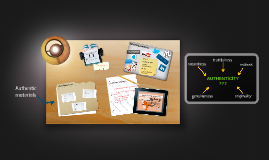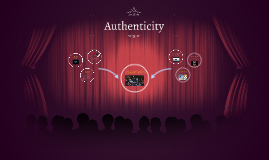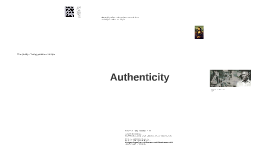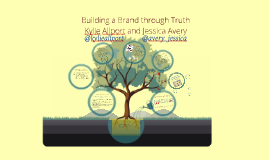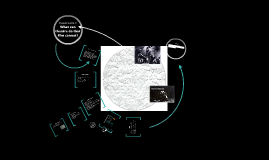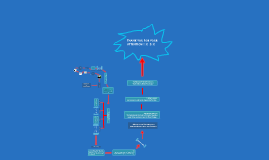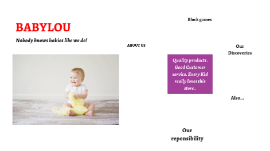Authenticity
Transcript: Authenticity Theatre that seeks to condense performance to only what is necessary in order to acheive truth Theatre based on what takes place between the spectator and the actor Draws on anthropology, psychology, psychoanalysis, and philosophy. Three Major Productions I Am America, 2011 Dialectical response to Stanislavski Influenced by Stanislavski's physical actions, Meyerhold's mechanical training, Vantehghav's synthesis, the Peking Opera and Noh Theatre Then-current theatre was very concerned with methods, developing a "bag of tricks" Developed in post-World War II, Communist Poland August 11, 1933 – January 14, 1999 Polish theatre director Innovator of experimental theatre Poor Theater and Theatre Laboratory "What is theatre? What is unique about it? What can it do that film and television can not?" Investigated "essence" of theatre. (Freud: "What is left of a Jew who is not religious, Zionist or even familiar with the language of the Torah, the Holy Book? Probably the essential" ) Restraining one's self to the necessary Theatre "in which what is dark in us slowly becomes transparent" following tradition = refusal to grow/explore Inner impulse and the outer reaction 5 Major Concepts What can theatre do that film cannot? The Constant Prince, 1965 Used to exhibit Grotowski's methods. "focuses on the martyr’s fate of the Portuguese Infante Don Fernando (1402–43) who having found himself imprisoned refused to agree to being freed in exchange for ceding the strategic port of Ceuta to the Moors" Ryszard Cieslak's performance "one of the most talented of the 20th century. " Had private rehearsals with Grotowski (obstetrician) as he made theatrical expiriments that became the performance. Removed theatrical tricks; replaced them with the actor. Joseph Kelera in a monologue about Cieslak, "He is in a state of grace. And all around him this 'cruel theatre' with its blasphemies and excesses is transformed into a theatre in a state of grace." Margaret Croyden in The New York Times, described the production as, "a black, brooding world of classical myth and contemporary degradation, depicted in an atmosphere of horror, executed with the delicacy of a poem." "The prince, beautifully played by a young actor, Ryszard Cieslak, seemed to me to be Christ enduring and forgiving his torturers. I have seldom seen an actor so completely in control of his voice and body. He issues groans with a volume that is almost symphonic, while the others dance to the rhythm of his pain. He twitches with every portion of his seminude body and has the grace of a fine dancer combined with the talent of a great tragic actor." Critic George Oppenheimer Openness: eliminating resistance to change Availability Authenticity Groundedness: concentrating on human actions, and confronting artifice. Participation: active audience Historical Background actors represented concentration camp prisoners built crematorium around the audience Silmulataneously acted out stories from the Bible and Greek mythology. The audience related as they lived 60 miles from Auschwitz http://mooklish.com/2007/02/21/authenticity-in-practice-and-performance-grotowski-and-the-inner-psychic-impulse/ Eugenio Barba Akropolis, 1962 Discussion Question #1 Black Narcissus, Iran Grotowski's collaborator (muse) central figure in the Polish Laboratory Theater Helped develop "The Plastiques" Based on the works of Allen Ginsberg Explored concepts of intimacy and vulnerability "When I see something living, something starts to live in me. When I do this job, it helps me to live." Worked to eliminate gap between action and reaction "My goal was to show the participants that action is literal. I can only do one action at a time. If the actor enters onstage, and crosses the stage to go greet someone, and he's thinking, 'Oh my God, my action was not good' – that's what the audience sees." Biagini One performer sings a line of an African-Caribbean slave song, and about 20 performers from around the world sing back a response. Jerzy Grotowski Sources Discussion Question #2 October 29, 1936 Italian author and theatre director based in Denmark Founder of the Odin Theatre and the International School of Theatre Anthropology, which still exist Grotowski's protege Ryszard Cieślak "I Am America" recently went up at Stanford, which was a project of Grotowski's vehicle Workcenter I'm interested in how use of technology relates to Authenticity Expanding theatre into the pubic sphere Continues to influence experimental theatre Legacy What limits a performer?






